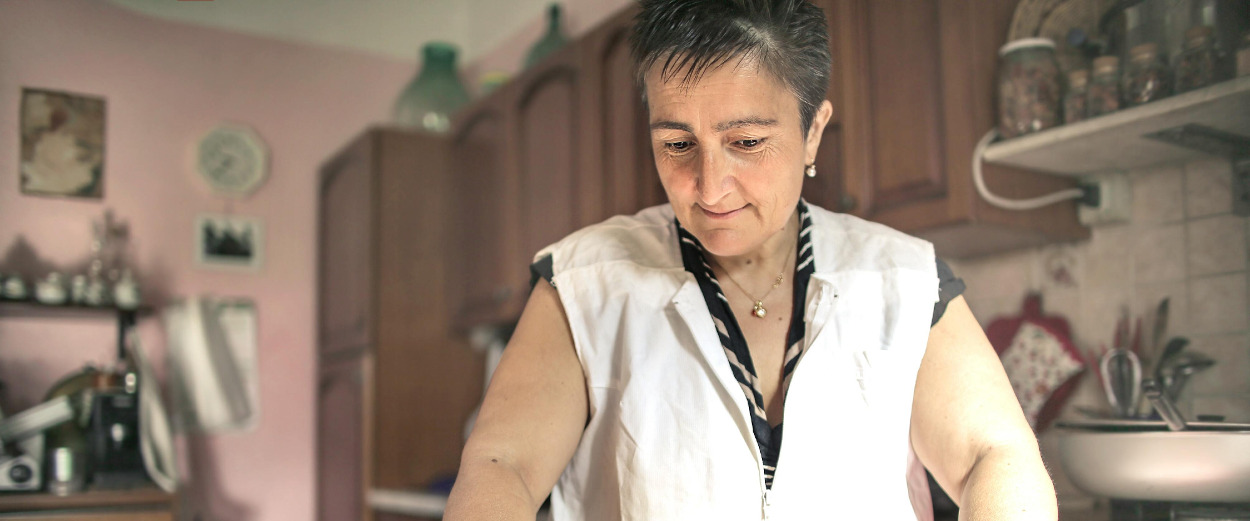A breast cancer diagnosis comes with so many questions and there never seems to be enough time at appointments to have some of these questions answered. To help address this, we developed a "Q&E: Questions and Experts" series. In this series, a variety of experts spend the entire virtual session answering pre-submitted and live questions from participants. Watching the videos on-demand might be a little difficult to get through. So, we’ve created this guide to help you get right to the questions and answers that matter the most to you.
In today’s post, we provide the questions that were sent in and asked during the live session of our Questions and Experts session held on September 12, 2023. In this session, General Practitioner in Oncology Dr. Anna Wilkinson, FP, GPO answers your questions about post-treatment and survivorship care. In the parentheses, you’ll find the timestamp of where to find the question in the on-demand video.
Hormone therapies
Would the combination of tamoxifen and Faslodex reduce the chances of recurrence more than if you just took tamoxifen alone? (11:05)
Do you have any information about passionflower as an alternative to letrozole? (13:06)
What do you think about prescribing low-dose vaginal estrogen to alleviate repeated UTIs and pain to a hormone-positive breast cancer survivor who is not on hormone therapy? (14:39)
Do you need an estrogen inhibitor if you’ve had a hysterectomy? (26:19)
What should a newly diagnosed, pre-menopausal woman who had HR-positive breast cancer, and is starting tamoxifen post-radiation do for birth control? (27:13)
Are there health measures or nutritional means that could reduce the chances of a recurrence if you decided to go off hormone blockers due to negative side effects? (51:10)
Are there any tests that will indicate whether or not a hormone therapy is working? (58:30)
What are the side effects of becoming post-menopausal at a younger age if you’ve had your ovaries removed and are currently taking letrozole? (1:06:46)
Are there any benefits or drawbacks from extending how long someone is taking treatments such as letrozole or tamoxifen? (1:17:19)
Side effects
What are the common side effects of hormone therapies such as tamoxifen and what are some of ways to deal with these side effects? (1:57)
What can patients do to address tiredness and fatigue? (28:28)
When patients are going through side effects, does the severity of the effects lessen over time, or stay at the same level of intensity for the whole treatment period? (55:43)
What are the side effects of becoming post-menopausal at a younger age if you’ve had your ovaries removed and take letrozole? (1:06:46)
Following up
What should the follow-up be for someone who’s had a double mastectomy with lymph node-involved breast cancer if there were no future scans scheduled? (17:45)
Is there a benefit of having a mammogram after 70 years of age for women with a previous history of breast cancer? (34:32)
Are there different models for follow-up care for patients with recurring breast cancer? (39:27)
What is the difference in treatment options for someone who has had a lumpectomy with negative margins, but still has ALH cells (pre-cancerous cells) versus someone who has had positive margins? (48:09)
Do you get a review once your drug treatment plan is finished to see if you need to extend your prescription? (53:46)
How often should someone who is treated for triple negative breast cancer and achieved “no evidence of disease” at lumpectomy be scanned or monitored? (59:30)
How can a family doctor help a patient who has just finished treatment for cancer and is now in survivorship if they have comorbidities? (1:05:32)
Why isn't follow-up care more proactive concerning possible recurrence or metastasis? (1:11:23)
If you don't have a family doctor, how do you follow-up on your diagnosis? (1:16:09)
Health and Self-care
Do you have any information about passionflower as an alternative to letrozole? (13:06)
What types of exercise would be helpful post-treatment? (29:58)
How would someone address vaginal pain even when they're using a lubricant during intercourse? (56:33)
How can you manage anxieties and fears? (1:01:19)
Can you give any practical tips to distinguish between a potentially cancerous lump along mastectomy scars versus just normal scar tissue? (1:10:38)
How can a patient be proactive about their healthcare? (1:18:40)
Medications
How does taking certain treatments impact dental work and possible blood infections? (40:49)
Should you switch medications if it seems you are continuously gaining weight? (47:08)
What is the difference in treatment options for someone who has had a negative diagnosis after a lumpectomy but does have ALH cells (pre-cancerous cells) versus someone who has had a positive diagnosis? (48:09)
What is complete response in relation to new adjuvant chemotherapy treatments? (1:09:46)







